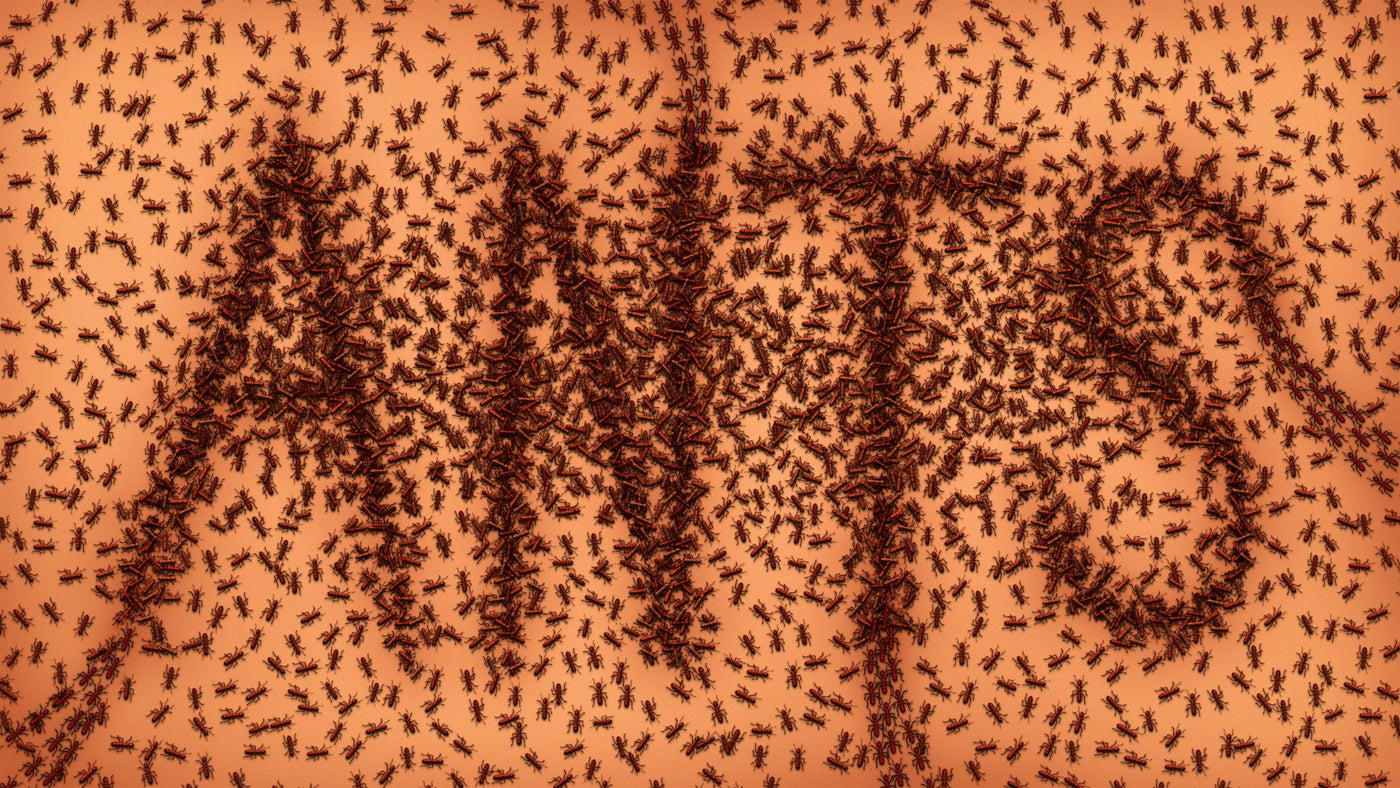Your Cart is Empty

There are more than 12,000 species of ant, which can be found on nearly every continent on earth. Do you have dreams of creating your own ant colony?
You might be wondering how to start an ant farm. After all, they're fascinating creatures you could spend hours watching. But what materials and equipment are required to get going?
Our helpful guide walks you through every single step of how to build an ant farm. We've also included everything you need to know about how to make sure the ants get the best care and nutrition for a healthy life.
Read on, and get ready for a truly educational experience as watching them build their colonies in real-time teaches us about cooperation, communication, and working together - things we could all use more of today.
Ant farms offer an exciting and educational opportunity for children to learn more about life and the natural world in a fun way. You might be a classroom teacher, parent, or enthusiast, it doesn't matter what your reason is for starting an ant farm. Here are some of the great benefits:
Ant farms are also known as vivariums. They are enclosed structures for keeping and raising animals under direct observation.
Although ants may have a habit of taking over homes and trying to steal food, ant farms are actually great educational tools for children. Not only do they provide fun, but they also come with several educational benefits.
From memorizing scientific terms to understanding the importance of teamwork and order, ant farms can help kids learn in both the classroom and at home.
Ants are omnivores, meaning they eat both plants and animals. You'll often find them savaging scraps from human sources.
Common ant food sources include seeds, honeydew, fungi, and decaying fruit. Some ants even hunt small invertebrates like spiders and insects to feed themselves and their colony.
Additionally, some species of ants have been known to feed on nectar or sugary liquids as a source of energy.
It's relatively easy to start your own ant farm. You'll need a few ant farm supplies to get going and set up your vivarium. Then you'll need to buy ants to populate it. Here's how to do it.
We mentioned a couple of techniques to gather ants above. Here are a few more methods you could use.
When starting up an ant farm, you should keep a few things in mind. The ants likely won't reproduce unless you add a queen to your ant farm. A queen ant will lay all of the eggs, but worker ants close to the surface of the anthill are most likely sterile.
If you want to watch ants go through the process of laying eggs, you'll need to get a queen. However, this can be tricky and may involve destroying the natural ant colony.
If you want to see the reproductive cycle in action, a good option is to purchase an ant farm kit that includes a queen ant. This will save you from having to dig deep into the ant's nest and take what you need.
Alternatively, you can try and catch a queen during its nuptial flight and use it to raise a colony all on its own. Note that without a queen, the ants in your ant farm may only live for 3 - 4 weeks before dying naturally.
Ants are highly social creatures that form a complex hierarchy. Here is an overview of the main roles within an ant colony:
The lifespan of ants varies depending on the species, but ants typically live for several months on average.
Worker ants usually only live for a few weeks, while queens can live for many years. Male drones typically die shortly after mating to ensure genetic diversity among colonies.
Yes, ants have primitive eyes and antennae that enable them to sense their environment. Ants can see shapes and movement when light is present. Their antennae can help them detect sound waves in the air.
Additionally, they have a strong sense of smell that helps them identify food sources.
Yes, ants have a simple circulatory system with a heart-like structure called the dorsal aorta.
The dorsal aorta is an organ responsible for pumping hemolymph (ant blood) throughout the body. Even though they don't have the same type of heart as humans, it still functions similarly and keeps ants alive.
Starting your own ant farm can be a fun and educational experience. With the right supplies, knowledge of the ant hierarchy, and tips for safely collecting ants, you too can start an amazing colony in no time!
While it may take some practice to get all of the details just right, with patience and persistence, you’ll soon have a thriving mini-ecosystem full of fascinating creatures. If you're ready to get started, then check out our selection of ant products today and start building your very own home for these tiny insects!